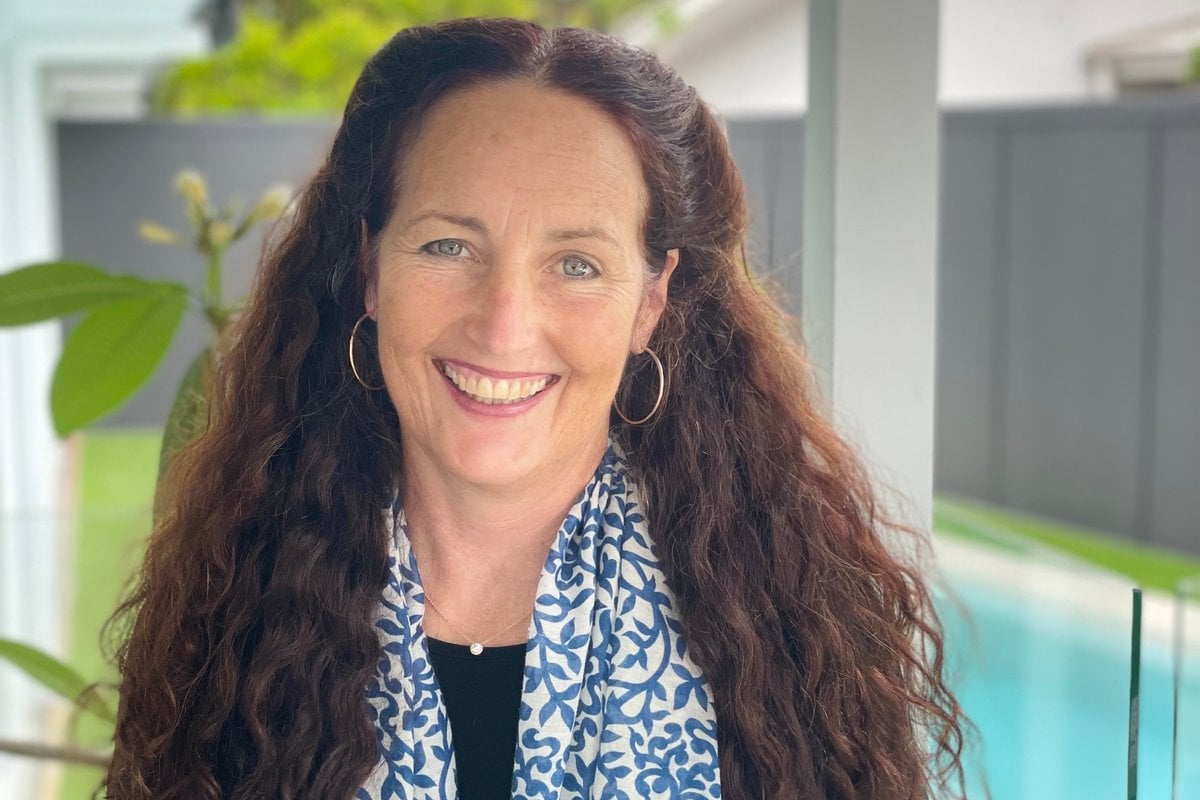
Many Australian women battling with addiction are doing so in secret. By removing shame from the equation, we can change the narrative - as well as the outcome.
As a psychotherapist at one of Australia's leading rehabilitation centres, I work alongside people struggling with addiction every day.
Yes, addiction can look like it does on TV: a stumbling, out-of-control individual whose life is overtly falling apart.
In my experience, however, it often looks like people you'd never quite expect.
Like the friendly mum you waved to at school drop-off. Or the executive who's never missed a meeting or a parent-teacher interview. Or the friend whose Instagram feed is colour-coordinated as she trains for her next half-marathon.
Watch: How to be a woman in 2023. Post continues after video.
Addiction doesn't discriminate. In fact, no one in our society is immune from it. It's a silent coping mechanism for so many, including a significant number of people who manage to hide every symptom of their addiction, even from their partners.
Because of this silent epidemic, the stigma around addiction can be fatal. It stops people from seeking the help they deserve and keeps them locked in shame, with no choice but to go further into addiction's spiral.